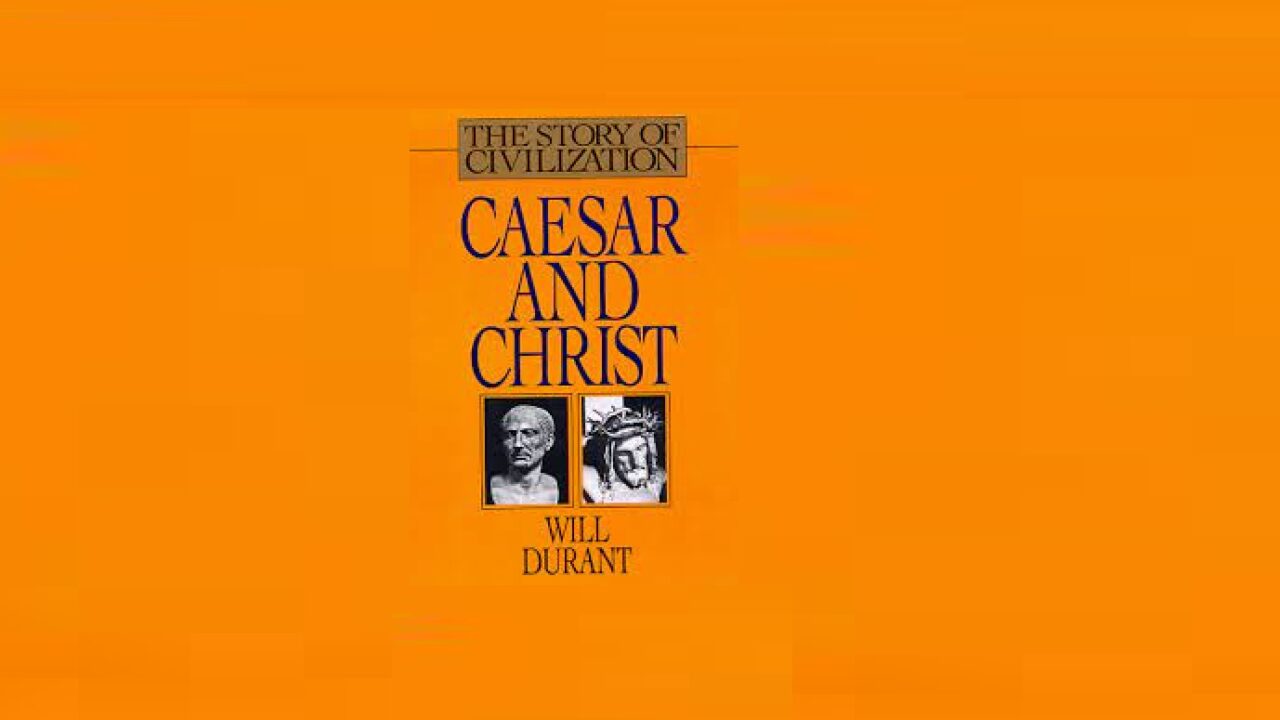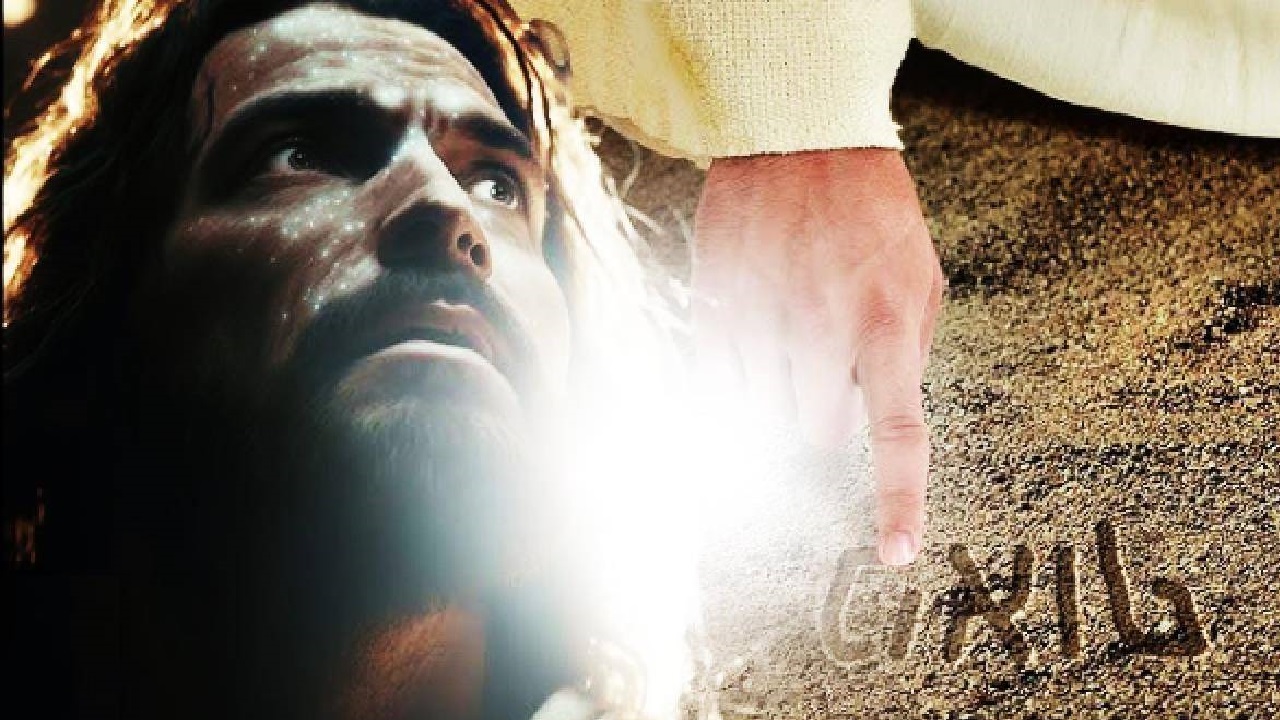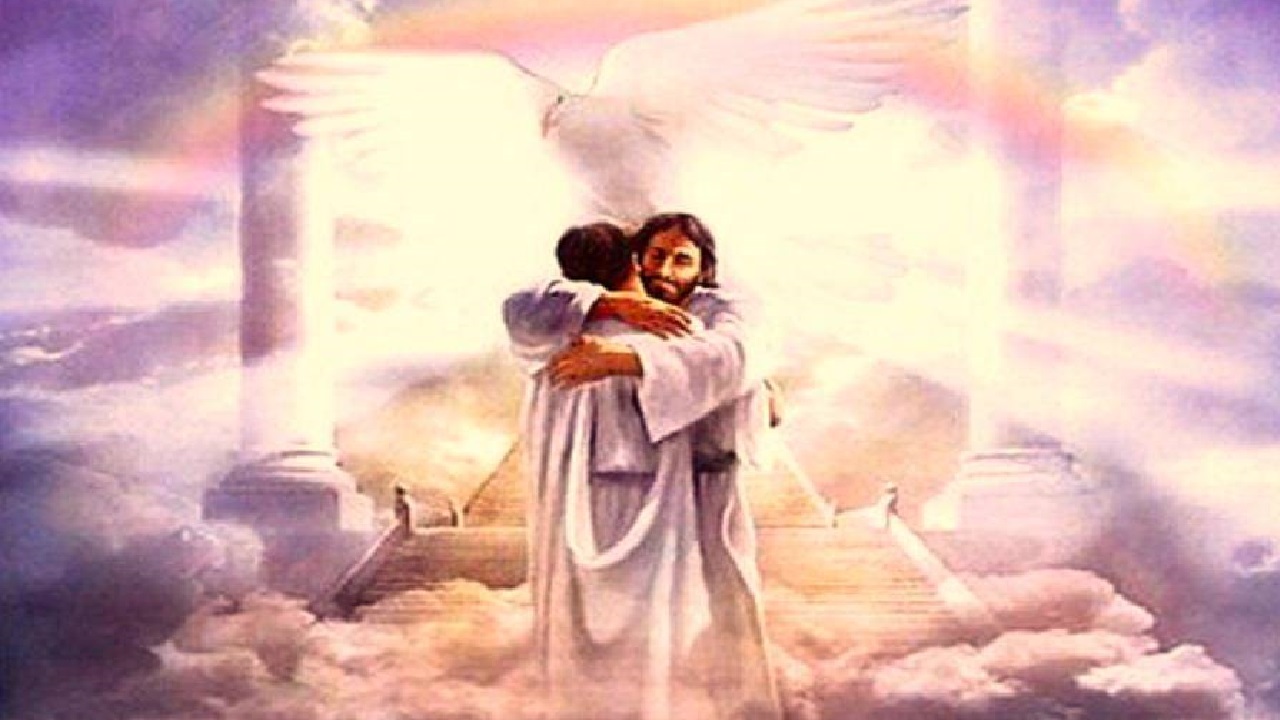Story of Civilization: Caesar and Christ: A History of Roman Civilization and of Christianity from Their Beginnings to A.D. 325
[Jesus] taught with the simplicity required by his audiences, with interesting stories that insinuated his lessons into the understanding, with pungent aphorisms rather than with reasoned argument, and with similes and metaphors as brilliant as any in literature.
The parable form that he used was customary in the East, and some of his fetching analogies had come down to him, perhaps unconsciously, from the prophets, the psalmists, and the rabbis; nevertheless, the directness of his speech, the vivid colors of his imagery, the warm sincerity of his nature lifted his utterances to the most inspired poetry. Some of his sayings are obscure, some seem at first sight unjust, some are sharp with sarcasm and bitterness; nearly all of them are models of brevity, clarity, and force. His starting point was the Gospel of John the Baptist, which itself went back to Daniel and Enoch; historia non facit saltum.
The Kingdom of Heaven was at hand, he said; soon God would put an end to the reign of wickedness on earth; the Son of Man would come “on the clouds of the sky” to judge all humanity, living and dead. The time for repentance was running out; those who repented, lived justly, loved God, and put their faith in his messenger would inherit the Kingdom, would be raised to power and glory in a world at last freed from all evil, suffering, and death.
As these ideas were familiar to his hearers, Christ did not define them clearly, and many difficulties obscure his conception now. What did he mean by the Kingdom? A supernatural heaven? Apparently not, for the apostles and the early Christians unanimously expected an earthly kingdom. This was the Jewish tradition that Christ inherited; and he taught his followers to pray to the Father, “Thy Kingdom come, thy will be done on earth as it is in heaven.” Only after that hope had faded did the Gospel of John make Jesus say, “My kingdom is not of this world.”
CHRISTIANITY arose out of Jewish apocalyptic-esoteric revelations of the coming Kingdom; it derived its impetus from the personality and vision of Christ; it gained strength from the belief in his resurrection, and the promise of eternal life; it received doctrinal form in the theology of Paul; it grew by the absorption of pagan faith and ritual; it became a triumphant Church by inheriting the organizing patterns and genius of Rome.
The apostles were apparently unanimous in believing that Christ would soon return to establish the Kingdom of Heaven on earth.
“The end of all things is near,” says the first epistle of Peter; “be serious and collected, therefore, and pray.”
“Children,” says the first epistle of John, “it is the last hour. You have heard that Antichrist was coming, and many Antichrists” (Nero, Vespasian, Domitian?) “have indeed appeared. So we may be sure that it is the last hour.”




